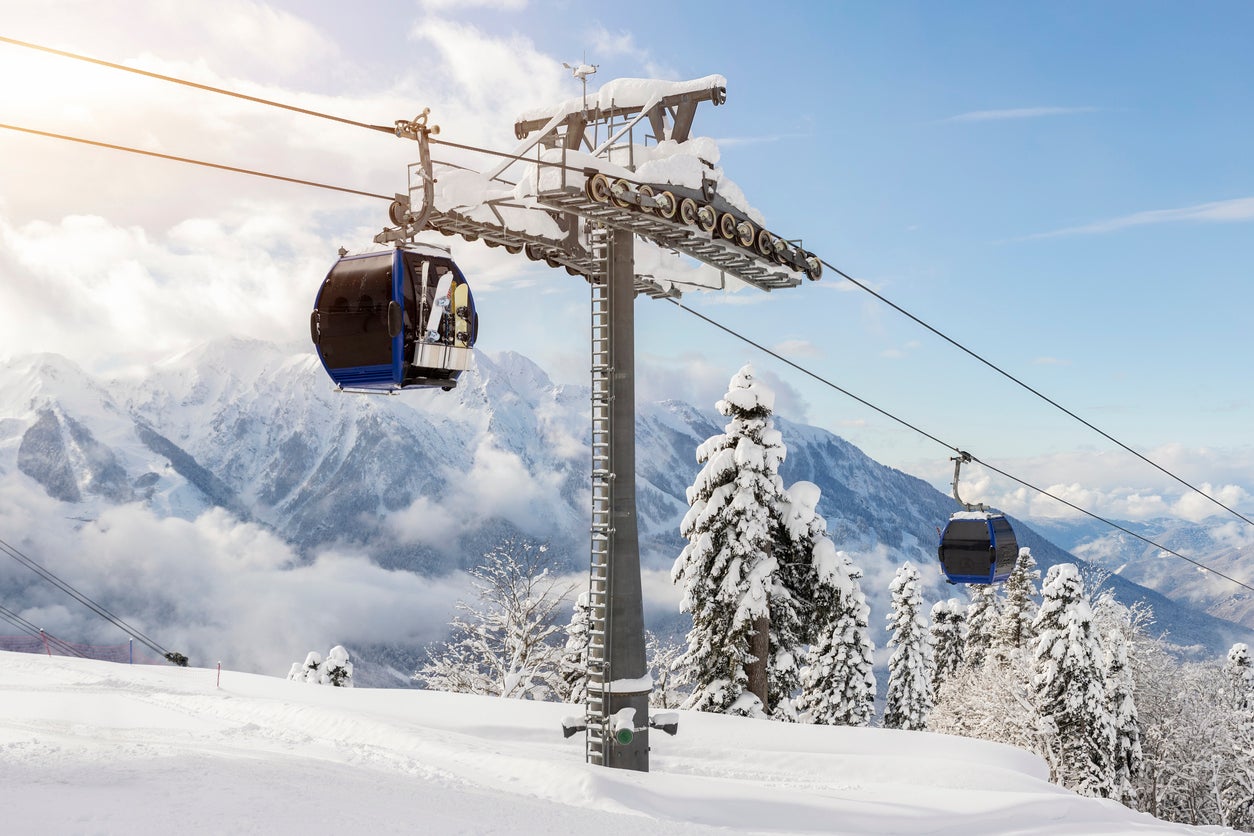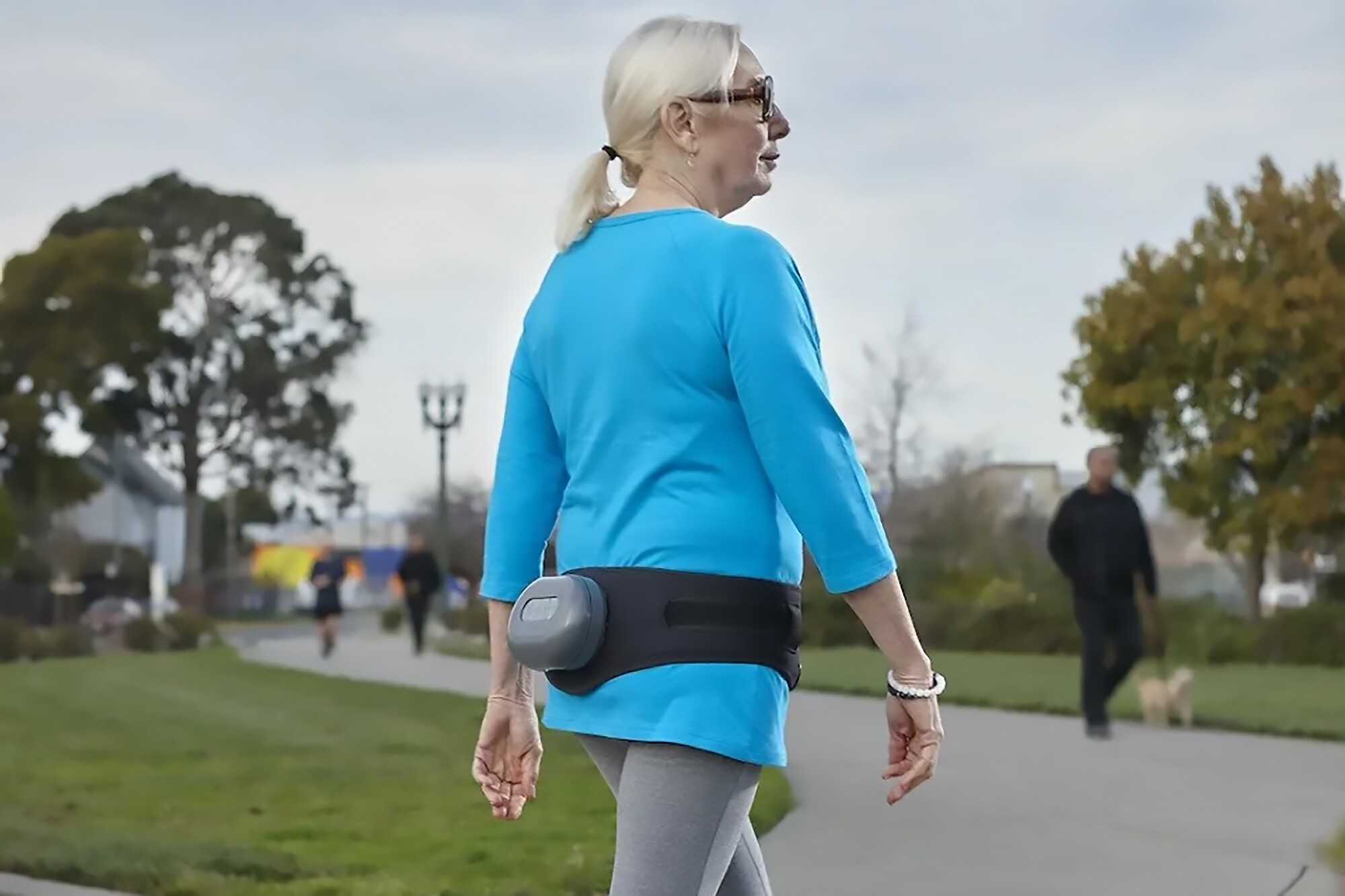Snowboarder's Harrowing 15-Hour Gondola Ordeal Sparks Safety Concerns
In a harrowing incident at Heavenly Mountain Resort in Lake Tahoe, California, 30-year-old Monica Laso found herself trapped in a malfunctioning gondola for a terrifying 15 hours. The ordeal, which occurred on a Thursday evening, unfolded as the gondola abruptly halted mid-air, leaving Laso stranded in freezing temperatures without her phone and unable to call for help.
The Terrifying Experience:
Laso, recounting the traumatic experience, revealed that she screamed for assistance for hours, fearing the worst as temperatures plummeted below freezing. With no means of communication and uncertainty about her rescue, Laso's anxiety about freezing to death intensified during the seemingly endless hours suspended in the gondola.
The Miraculous Rescue:
Fortunately, resort staff discovered Laso the following morning when the gondola resumed operation. While she was treated for hypothermia, Laso expressed immense gratitude for her rescue, acknowledging the efforts of those who played a crucial role in her survival.
Gondola Safety Concerns:
This incident has prompted heightened concerns about gondola safety, leading resort officials to initiate a thorough investigation into the malfunction's cause. While the exact details are still pending, a power outage is currently being considered as a possible factor.
Preventative Measures:
Experts are weighing in on potential improvements to gondola safety, recommending the incorporation of emergency communication systems, such as two-way radios or satellite phones. Additionally, calls are being made for enhanced insulation in gondola designs to safeguard passengers from extreme cold in unforeseen emergencies.
Implications and Future Changes:
The episode is expected to trigger increased scrutiny of gondola safety procedures, potentially prompting comprehensive changes in both design and operation. Resort officials have pledged to take necessary steps to prevent similar incidents, reassuring the public of their commitment to ensuring visitor safety.
Conclusion:
While the snowboarder's traumatic experience serves as a stark reminder of the unpredictability of outdoor activities, it also emphasizes the importance of preparedness for emergencies. For those planning to ride gondolas or engage in similar activities, dressing warmly, carrying a charged phone, and informing someone about your plans are essential precautions that can make a significant difference in unforeseen circumstances. The incident has underscored the need for continuous improvements in safety measures to ensure the well-being of individuals enjoying outdoor recreational activities.


No comments:
Post a Comment